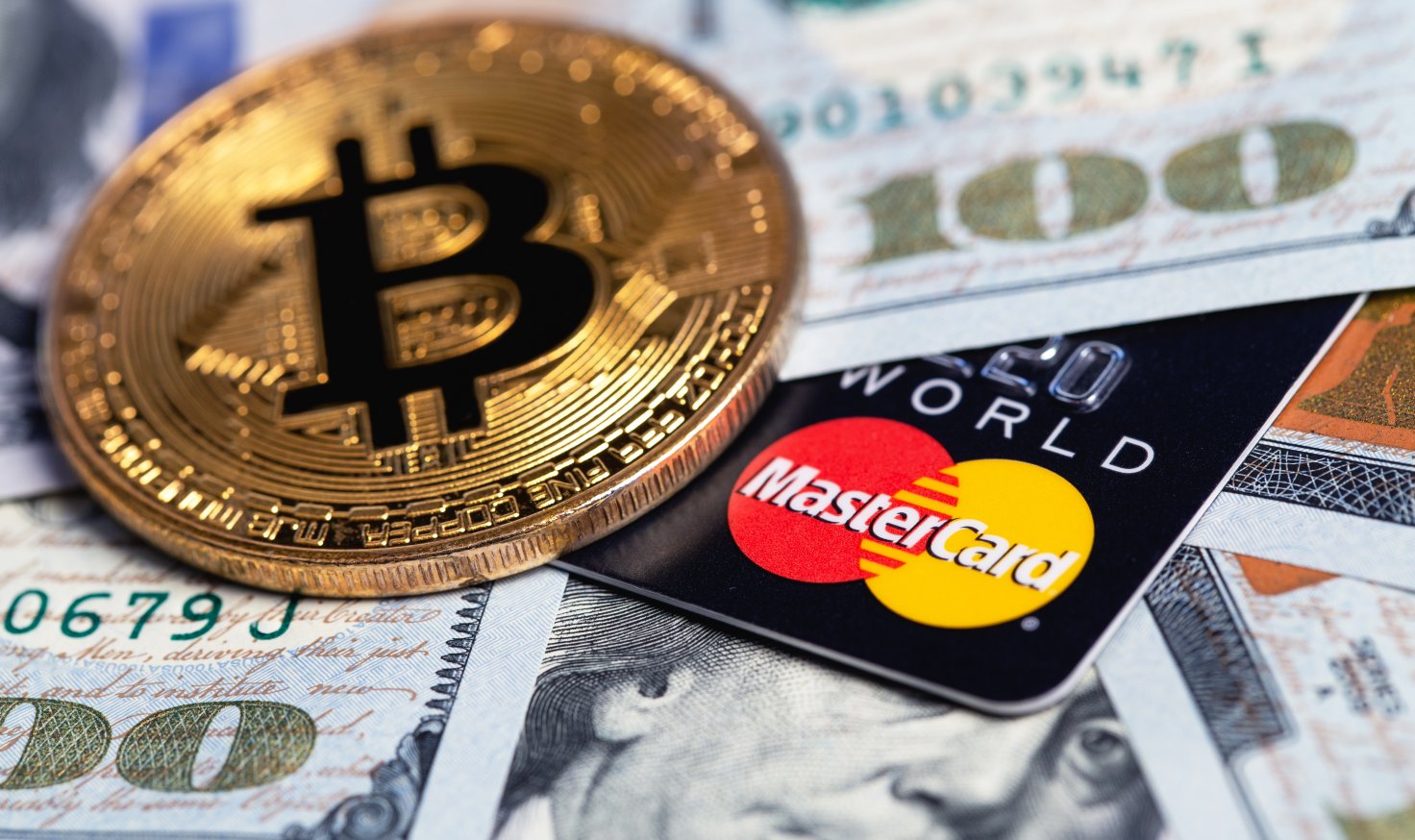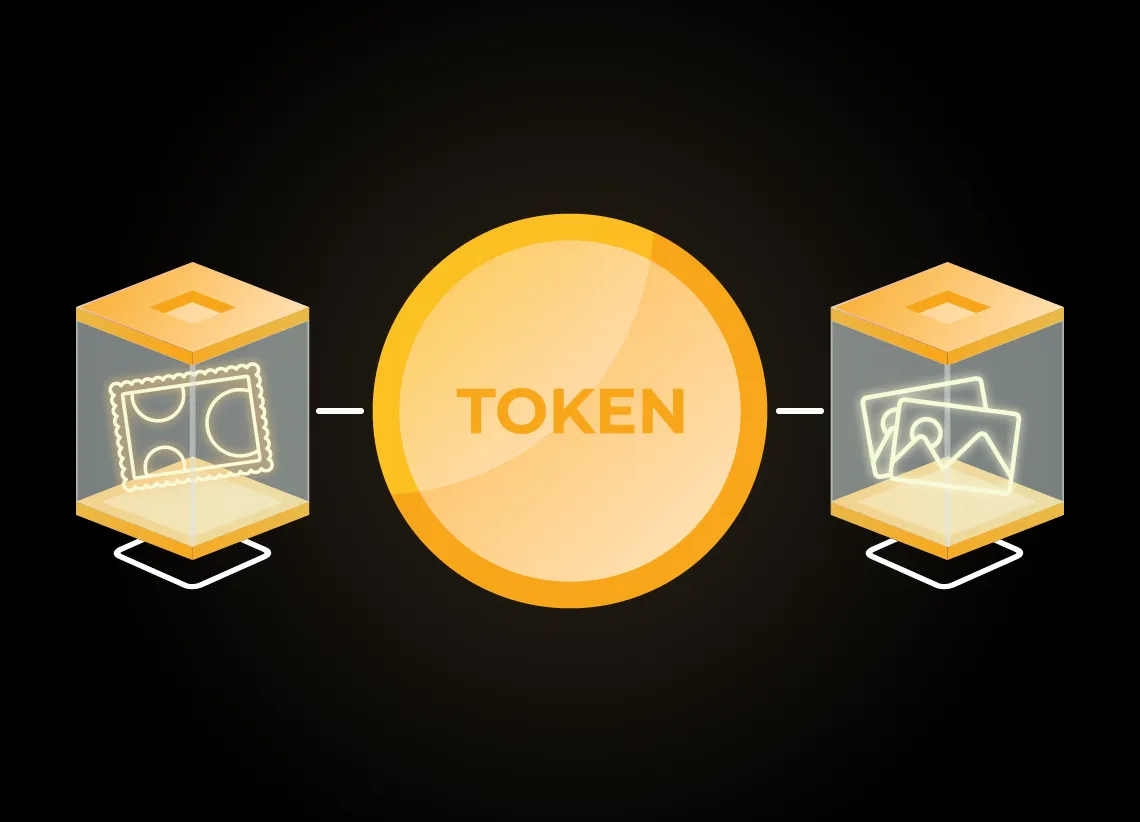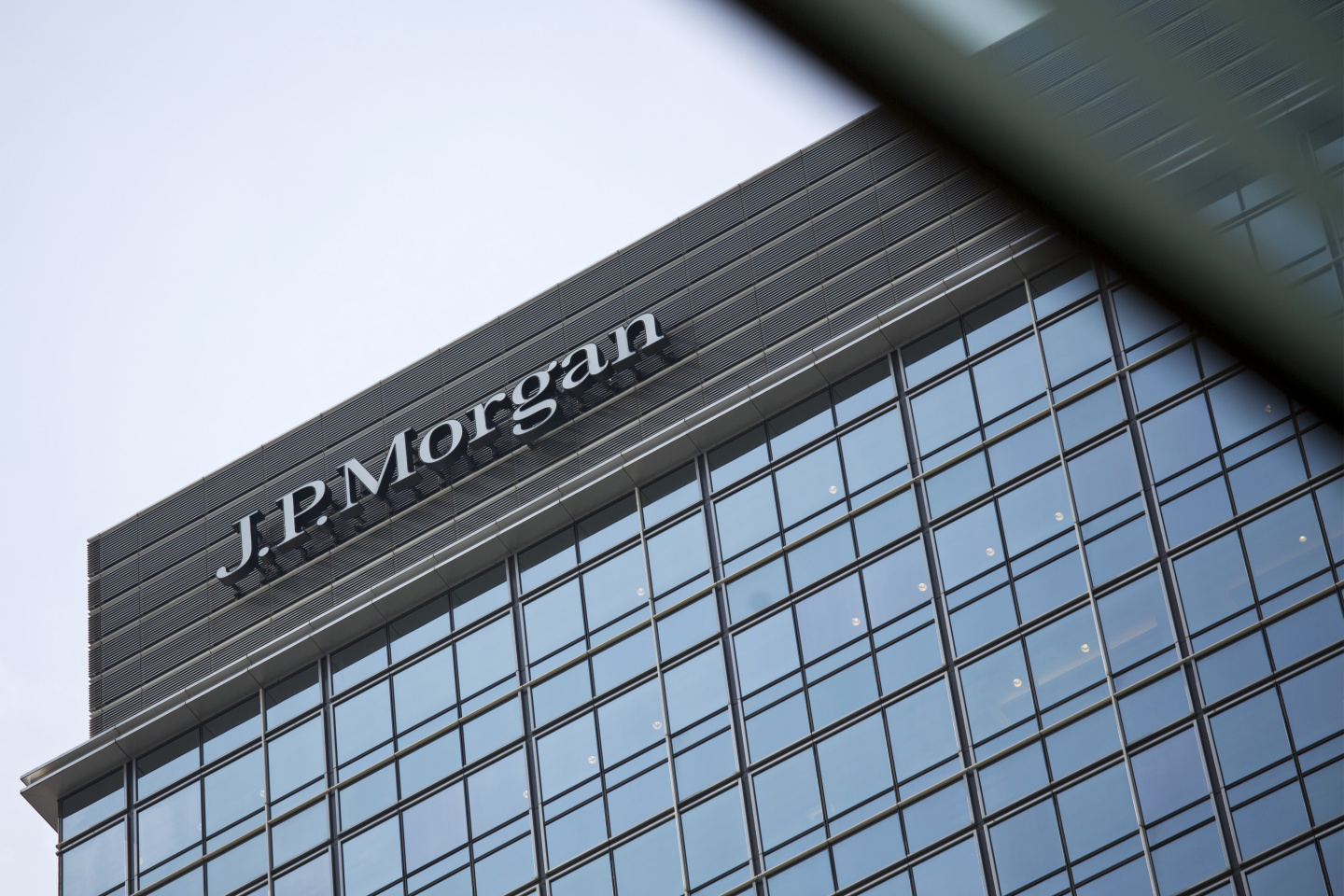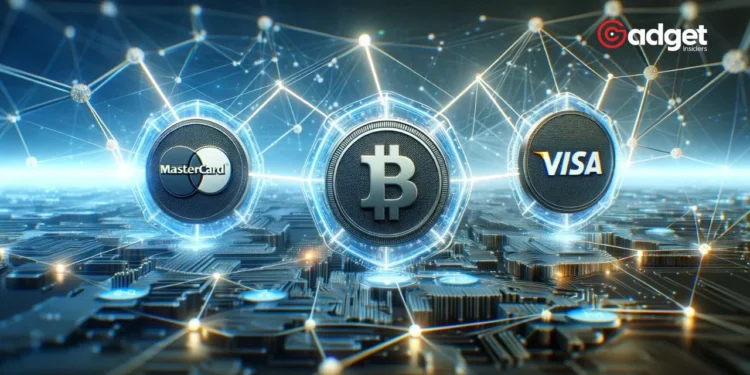In a groundbreaking initiative that could redefine financial transactions, Mastercard, JPMorgan, and a consortium of leading U.S. banks, including US Bancorp and Wells Fargo, are piloting a shared ledger technology designed for the settlement of tokenized assets. This cutting-edge trial, poised to simulate transactions in U.S. dollars, marks a significant step towards the integration of digital currency technologies within traditional banking frameworks.

The Dawn of Tokenized Asset Settlements
The shared ledger, named the Regulated Settlement Network, is not just a technological experiment but a potential blueprint for future financial systems. The pilot test aims to demonstrate the viability of using blockchain-like technology to conduct seamless cross-border and cross-system financial transactions. Visa, another titan in the financial sector, is also participating, underscoring the wide-reaching interest in exploring tokenized settlements.
A Shift Towards Digital Solutions
The financial landscape has been evolving rapidly with the increased acceptance of cryptocurrencies and blockchain technology, signalling a shift towards more transparent, efficient, and secure financial transactions. “The increasing prominence of these technologies in 2024 highlights a pivotal moment for the financial industry,” noted a Bloomberg report on the matter. The initiative by these banking giants to explore tokenized asset settlement for commercial bank money and investment-grade debt securities is a testament to the sector’s commitment to innovation.

Enhancing Transaction Efficiency
One of the primary goals of the Regulated Settlement Network is to streamline the process of asset settlements. By tokenizing assets such as commercial and central bank money, as well as securities, the involved financial institutions aim to facilitate transactions on the same system, thereby reducing errors and enhancing efficiency. This could lead to a transformative reduction in the time and cost associated with traditional settlement methods.
Visa, JPMorgan, Mastercard, Wells Fargo and other banks are testing shared-ledger technology for tokenized asset settlements
What do these companies have in common?
They’re ALL Ethereum $ETH aligned$ETH revenge arc loading📈 pic.twitter.com/g55hZQP3I6
— EthereanVibin | 0xVibin.eth 🦇🔊 (@EthereanVibin) May 9, 2024
Building on Previous Successes
This initiative builds upon a 12-week pilot conducted in 2022, which focused on cross-border and interbank payments. “The current trial seeks to expand on these earlier efforts, exploring the full potential of tokenized settlements,” the report elaborates. The collaborative effort between these financial behemoths demonstrates a robust push to not only keep pace with technological advancements but also to lead in the adoption of these innovations.

Implications for the Future of Finance
The successful implementation of this shared ledger technology could have profound implications for the financial sector. It promises a future where digital and traditional banking converge, leading to more robust, efficient, and flexible financial services. The potential for rapid, error-free settlements could transform how banks interact with one another and with their customers, potentially ushering in a new era of financial operations.
The exploration of this technology by some of the most influential financial institutions in the U.S. highlights their readiness to embrace the future and their role in shaping the next generation of financial infrastructure. As these tests proceed, the financial industry watches closely, anticipating the broad adoption of these technologies that could redefine global financial practices.










